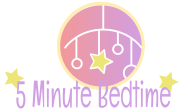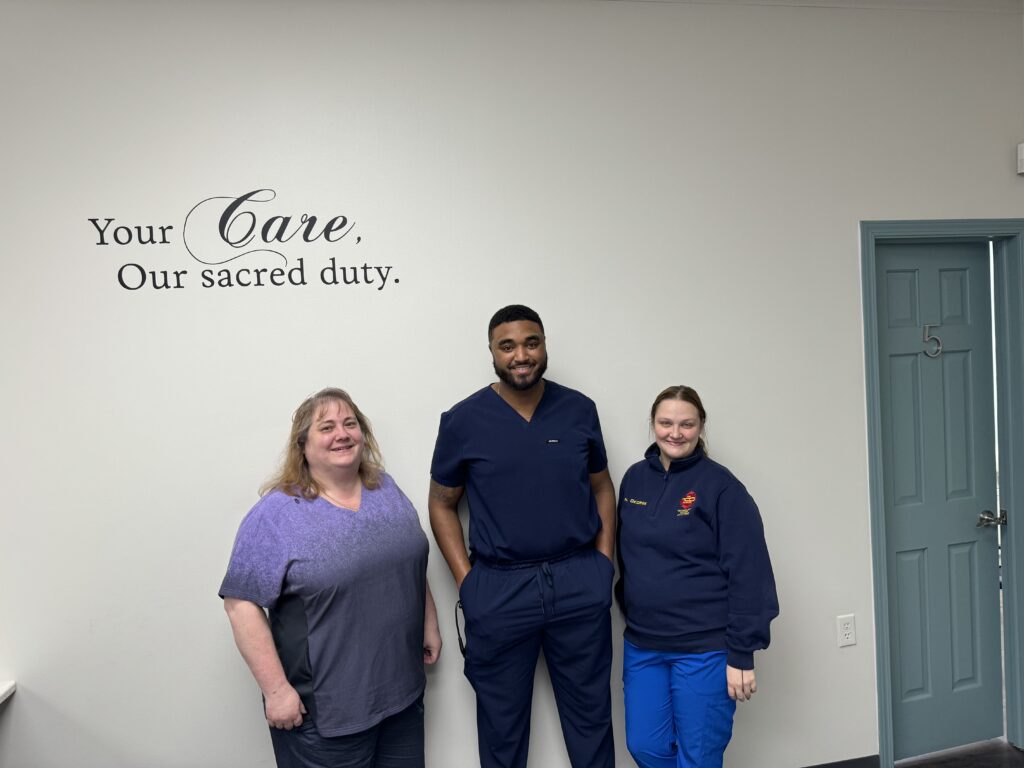You might have heard of athletes suffering minor head injuries or concussions during sports. But concussion can happen to anyone, child, teenager or adult who falls or takes a blow to the head.
Some common incidents include getting hit in a car accident or falling with high impact at home, work or during recreational activities.
In this blog, we’ll cover what you should do if you think you or your loved one have suffered a concussion. From the immediate steps that you can take to exploring whether urgent care is a reliable option or not, we’ve got your back!
Defining Concussion In Simple Words
| A concussion is a mild brain injury caused by a sudden blow, impact, or violent jolt to the head. It can also occur when a strong body hits and causes the head to move forward, backwards, or to the side. However, not every hit or bump leads to a concussion; therefore, a thorough evaluation from a health professional is needed to diagnose it. |
Some Common Signs & Symptoms Of Concussion In Adults
If you have experienced a minor head injury or blow and are exhibiting the following symptoms, it’s essential to seek medical attention immediately.
- Confusion
- Pain or headache since the injury
- Dizziness
- Inability to focus
- Visual disturbances or sensitivity to light or noise
- Vomiting
- Inability to remember
Other symptoms include ringing in the ears, feeling tired, and noticing changes in behavior such as difficulty concentrating or feeling irritable.
What Are The Symptoms Of Concussion In Toddlers?
It’s very common for toddlers and infants to fall off stairs, beds or high chairs and hit their head. However, not every blow to their head leads to concussion, but parents need to be vigilant about the signs and symptoms in children. Some concerning symptoms include:
- Dazed appearance or blank stare
- Sleeping at unusual times
- Not eating properly
- Looks irritable or fussy and doesn’t stop crying despite being comforted
- Vomiting
- Bump on head
If you notice any of these symptoms in your child, it is best to seek urgent care immediately.
How Do You Know If A Concussion Is Serious?
In rare cases, a hard hit or blow to the head can cause a dangerous collection of blood, which is also known as hematoma. You need to call 911 right away if you or your child experience any of the following symptoms:
- Loss of consciousness
- Severe headache that does not go away.
- Inability to wake up and feeling drowsy all the time
- Unusual behaviour like restlessness, irritability or confusion
- Repeated vomiting, seizures or convulsions
What Are The Different Causes Of Concussion?
The four main causes of concussion include:
- Getting hit in the head while playing sports such as football, hockey, rugby, etc.
- Collisions involving cars, motorcycles or bicycles
- Injuries from slips, trips and falls
- Hitting your head during recreational activities like horse riding, skateboarding and cycling without head protection
In toddlers or children, most concussions happen on the playground while playing sports. Cheerleaders and kids playing football, soccer or hockey are at a higher risk of minor head injuries. Some other common causes may include bike or car accidents, fights or falling with impact.
What To Do Immediately After A Minor Head Injury?
As soon as you’ve bumped your head anywhere, stop any physical activity that could exacerbate the injury.
For the first 24 hours after the concussion, have someone stay with you to monitor any concerning symptoms like headache, dizziness, confusion or loss of consciousness.
Seek medical attention even if your symptoms are mild for appropriate diagnosis and treatment to prevent further complications.
You can ask your doctor about pain relievers and discuss any concerns or doubts that you may have. Also, do not drive if you have vision problems, reduced attention, or you feel drowsy.
Can I Visit Urgent Care If I Had A Concussion?
Yes, you can visit nearby urgent care if you or your child experiences a mild concussion. Your provider will thoroughly evaluate the signs and symptoms, prescribe appropriate medications, and counsel you on necessary safety precautions.
Therefore, if you suspect any minor, non-life threatening head injury and visiting an emergency care facility seems a hassle, urgent care providers have got your back!
Since the average waiting time in urgent care centres is far less than in other facilities, you’ll receive prompt treatment and guidance without any long delays, extensive paperwork, or the need for an appointment.
If you live in Illinois or Indiana, you can also walk into Family Urgent Care or even book an online video or phone consultation same-day for any concussion-related concerns.
What Can You Expect In Urgent Care Clinic?
Once you visit an urgent care clinic for a minor head injury or concussion, your urgent care provider evaluates your symptoms, asks about the incident and reviews your medical history.
If necessary, the provider may also perform a neurological exam, including monitoring your visual senses, memory, hearing, balance, coordination and reflexes.
In some cases, they may also order an MRI or a CT scan to check for any damage to the brain.
Often, mild concussions can be treated at home safely with appropriate medications and an ample amount of rest as recommended by your doctor.
Therefore, if you have hit your head with a whiplash-like movement, do not hesitate to seek medical attention at urgent care for a proper evaluation.
| Contact a nearby emergency care facility if you experience any alarming signs such as seizures, inability to speak, repeated vomiting or loss of consciousness. |
What To Do For A Concussion At Home?
It is recommended that a thorough evaluation by a healthcare professional is performed in case of a minor head injury. You can also take several steps at home to ensure a safe and complete recovery.
- Take ample rest and refrain from doing any vigorous activity for a few days.
- Close your eyes and try to relax yourself by doing some breathing exercises.
- Take your medicines as prescribed by your provider.
- Avoid alcohol and beverages to speed up the recovery process.
- Do not drive any vehicle for 24-48 hours after suffering from a concussion.
Bottomline
To sum up, if you or your loved one has suffered a minor head injury, you must visit a nearby doctor for a thorough evaluation.
The doctor may perform some necessary tests and prescribe appropriate over-the-counter medications to help recover faster and prevent repeated concussions.
You can also visit Family Urgent Care for a proper diagnosis, treatment and care. From evaluations to counselling about aftercare, our providers will answer any questions or concerns you may have throughout the recovery process.
FAQs
Can I sleep after hitting my head?
Yes, it is safe for a concussed person to sleep after getting hit. Many people have misconceptions that sleeping after a concussion can lead to coma. But this is not true! Sleeping activates your body’s natural healing process, so make sure to sleep properly. However, if you’re sleeping more than usual or have any other concerning symptoms, a proper evaluation from a healthcare professional is important to prevent further complications.
What happens if a concussion is left untreated?
Although mild concussion is non-life threatening, however, if you leave it untreated, it can cause permanent damage to your brain. Some common complications that may occur due to lack of treatment are as follows:
- Post-traumatic headaches: Some people can experience moderate to severe headaches for several days to weeks.
- Post-concussion syndrome: In some cases, patients with untreated concussion can suffer from persistent headaches, dizziness and trouble with thinking.
- Second impact syndrome: If you haven’t recovered from a concussion, a slight hit or bump on the head can lead to second impact syndrome, causing rapid brain swelling.
How long will it take me to recover from a concussion?
The duration period of recovery depends on the severity of the injury. Most patients with concussion can recover within 14 to 21 days. However, any additional medical condition, untreated or poorly treated concussions, may delay your recovery, increasing the recovery period from weeks to months or even longer.

